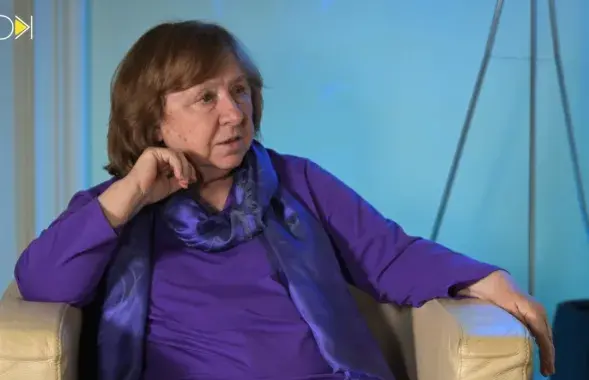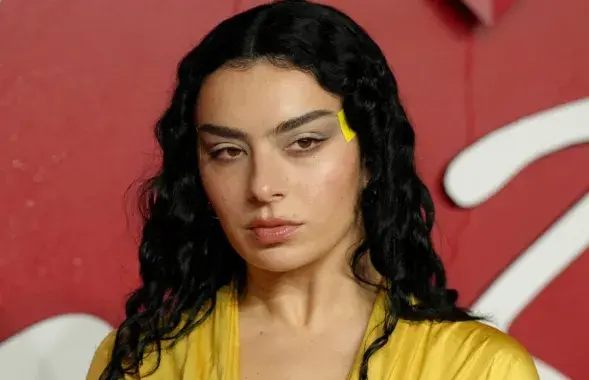Young girl framed by police to serve prison term as a drug dealer
Margaryta is the former psychology freshman student at the Hrodna State University. She graduated from a high school with honors and displayed the best performance during the university entrance exams. She was sentenced to 4 years in prison for drag trafficking after being found guilty of selling 0.28 grams of marijuana for Br22,000 ($11).
The European Radio for Belarus finds out how this perfect girl could become a ‘drug dealer’.
Her friend Tatsiana Kulik maintains that Margaryta has never dealt or used drugs. She would not even go to discos. Margaryta lived together with her mom.
Kulik: “Margaryta used to read a lot. She was always a pleasant person to talk to. When all this happened, it was impossible to believe. She is a very kind person. Apparently, she got into trouble because of her kindness.”
So, what happened exactly? According to her mother, the girl received an urgent phone call from her childhood friend Andrej Kisel. They had not met each other for three years. Andrej told her that law professor Andrej Zdasiuk (her university professor) dealt in drugs. So he asked her to buy a doze for him. Margaryta was not surprised. And here is why.
Valiantsina Tsaran: “This professor used to read lectures to the freshmen at psychology department about the positive influence of drugs. He used to say that all philosophers and literary stars, including his favorite Bulgakov, were drug addicts. The professor, 27 said many times that he had tried everything and was stilling using drugs. There are notes about dozes and prices in the students’ note books.
The professor also called the girl 320 times within the period of three weeks when they got to know each other. Margaryta said: “I asked the professor for a drug.” He later passed it over to her, and Margaryta fetched it to Kisel. The latter collaborated with police agents, who were already waiting for her.”
Margaryta’s mother maintains that before the trial Kisel would admit in the presence of witnesses that police agents blackmailed him to force into collaboration. He was detained at a disco with a marijuana doze. The deal was that he would be waived from prosecution if he helped police to get to the professor through his childhood girlfriend.
Police suspected professor Andrej Zdasiuk with drug trafficking, so the boy agreed to cooperate. He would even write to the office of prosecutor about being blackmailed but later changed his testimony right before the trial.
Andrej Zdasiuk, the former law professor at the Hrodna State University, is now wanted by Interpol. According to investigator Aliaksandr Komleu, he could have fled Belarus possibly to Israel.
Police collaborator Andrej Kisel was also tried but received a small term for drug possession. But, Margaryta received 4 years in jail.
Why wouldn’t police go undercover themselves to set up the criminal? Why would they frame innocent people who later serve prison terms instead of actual drug dealers? Here is what Dzianis Bagdzevich, the chief of the local drug enforcement authority, told the European Radio for Belarus.
“In order to infiltrate, police officers have to obtain permission and serious evidence. Although, law allows us to carry out this experiments. Yet, when police agents take part in such operations, someone could qualify their actions as encouragement and they would become a target. At the same time, ordinary people are not bound by anything.”
In Margaryta’s case, police say she is guilty since she has been sentenced. The girl’s mother wrote a complaint to the prosecutor’s office demanding to open a criminal case against the police officers that sent her daughter to prison because of what they call a “investigative experiment”.
Detective Aliaksander Komleu says he is studying the case. According to him, “experiments” or framing often do not yield results, because “they are carried out in a wrong way.”
But, Dzianis Bagdzevich who was in charge of the operation is confident that his agents were right. “Let them carry out the investigation. Everything was done legally and within the law.”
Photo: Margaryta Tsaran
















